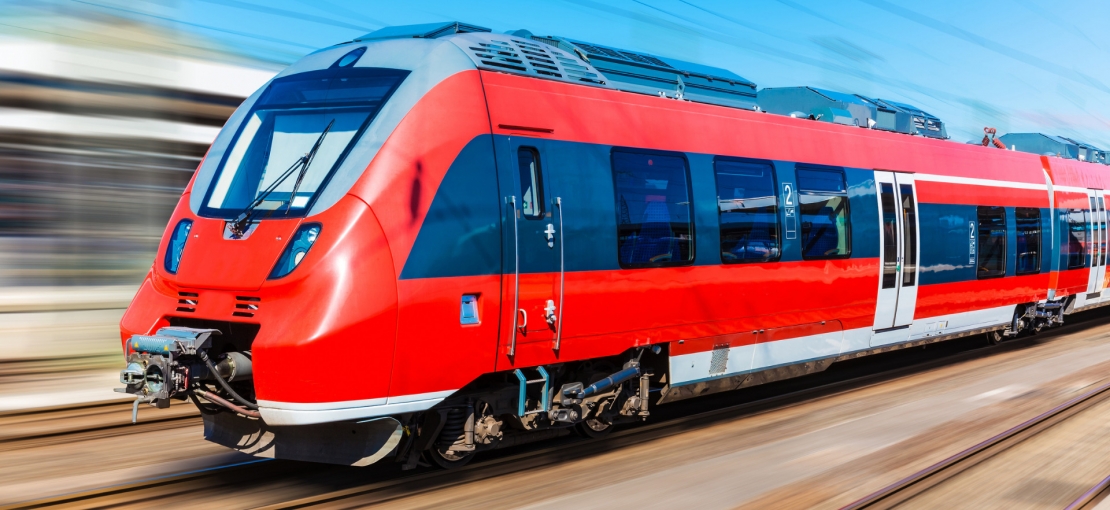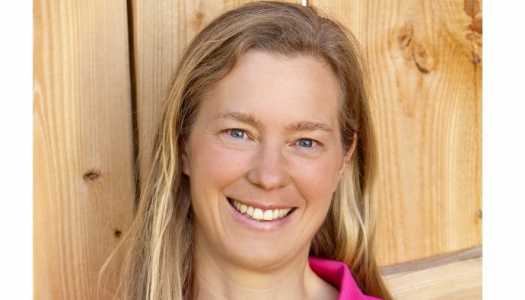
Reduced emissions from business travel
Travel Policy for business travel
Through the VAUDE Travel Policy, we want to achieve that business travel for one, is significantly reduced, and secondly, that it’s done as environmentally friendly as possible. We do this, for example, by favoring rail travel over flights. The introduction of a new video conferencing system in 2013 brought further savings in emissions as well.
Due to the continuing "thrifty" connection of Tettnang-Obereisenbach and most of VAUDE employee residences with public transportation, and our (otherwise wonderful) peripheral location within Germany, achieving the right balance between ecology, time and costs for business travel is a particular challenge.
Switching to low-emission vehicles
Since 2011, the entire VAUDE vehicle fleet has been converted to low-emission vehicles. Combined with driver training, this has resulted in a 5 percent drop in average consumption per 100 kilometers driven - see "fuel consumption in comparison".
The VAUDE company fleet consumed a total of 1.733.654 kWh of energy (converted from liters of diesel and gasoline consumption) in 2014. The VAUDE company fleet has been gradually converting to low fuel consumption vehicles since 2012 – see “Fuel consumption in comparison”.

|
»Our goal is to reduce emissions from business travel by 20 percent based on 2011 figures by 2015."« Hilke Patzwall, VAUDE CSR Manager
|
Emissions calculated by myclimate
In addition to travel with company-owned cars, energy consumption - and therefore emissions – also results from rail and air travel, as well as hotel stays. We calculate the travel distance for all corporate rail and air travel, as well as the number of hotel stays, and have myclimate calculate all resulting emissions. However, we do not currently calculate energy consumption from travel.
Emissions resulting from hotel stays





